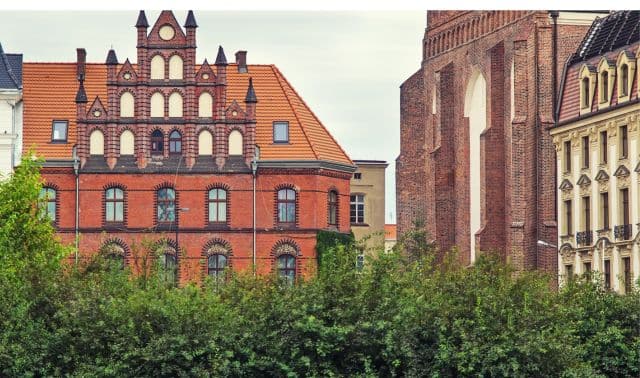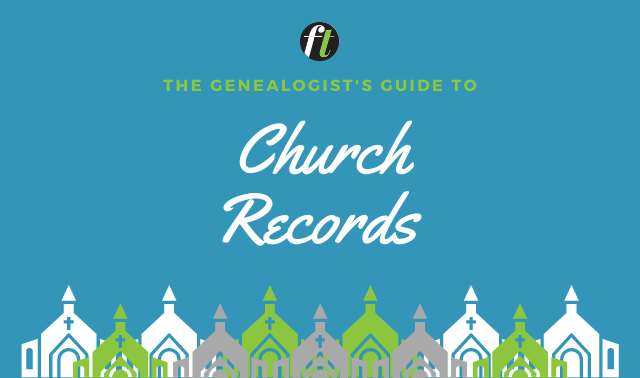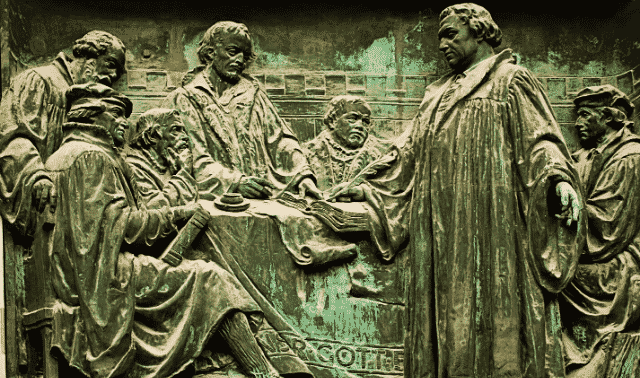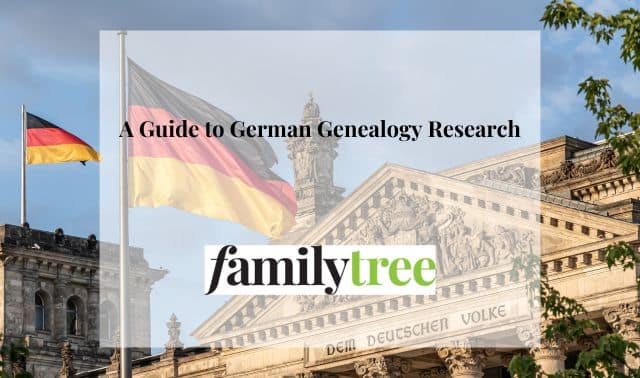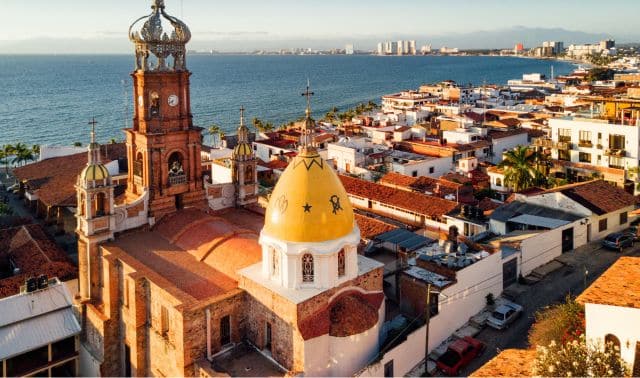Duncan Gardiner, a professional genealogist who specializes in Czech, Slovak, German and Carpatho-Rusyn research, says a big mistake astern European genealogists make is assuming the records no longer exist. “In my experience, very few have been destroyed,” he explains. “Always have [finding records] as a goal.”
Below are some tips and resources to help you find Eastern European church records based on where your ancestors hail from.
Hungary
Baptisms (keresztelo), marriages (hazassag) and burials (temetes) span from the early 1700s to 1895, when civil registration began. You can find a good number of records simply by browsing FamilySearch. For example, FamilySearch has a collection of Hungary Baptism records ranging from 1734 to 1895. FamilySearch also provides a large number of civil records.
Slovakia
FamilySearch has numerous vital records (matriky), with roughly the same dates as Hungary’s. You’ll find Slovak matriky for both Protestant and Catholic parishes.
Czech Republic
The earliest existing Catholic matriky are for the late 1500s, but most priests didn’t comply until the 1600s. From 1620 to 1781, Austria allowed only Catholicism, so Czech Protestants’ matriky were kept by Catholic priests. Czechoslovakia started civil registration for non-churchgoers in 1918, but the state didn’t take over vital records until 1950. Search through the FamilySearch collection of Czech Republic Church Books, 1552 – 1963.
Croatia
FamilySearch has records of Catholic, Orthodox and Greek Catholic parish registers from roughly the late 1500s to 1940s. Civil registration began in 1946. You might also be interested in the Church Books from 1516 to 1994.
Slovenia
One parish has records as early as 1458, but that’s an exception—most go back to the 1600s. Civil registration began in 1926. FamilySearch also has some church records worth exploring. You might also consider writing to the local archbishopric in Slovenia for records.
Bulgaria
FamilySearch has church records that cover Armenian Apostolic Christian, Catholic, Church of Jesus Christ of Latter-day Saints, Eastern Orthodox and Protestant. Beyond this, you can also explore Bulgaria Jewish records.
Romania
Government vital records began earlier than elsewhere in Eastern Europe, in 1865. For the previous three decades, Romanian Orthodox priests carried out civil registration. After 100 years, churches transfer vital records to the district (judet) archive. FamilySearch covers Orthodox, Greek Catholic, Roman Catholic, Calvinist, Lutheran, Unitarian, Pentecostal, Baptist and Seventh-Day Adventists records.
Yugoslavia
The availability of records is murky thanks to the breakup and changing political landscape of this former country. Pre-1946 parish registers are kept in local churches—Orthodox, Catholic, Muslim. For areas formerly under Ottoman control, the Turkish government may have records of your family (also true for Romania and Bulgaria).
Related Reads

